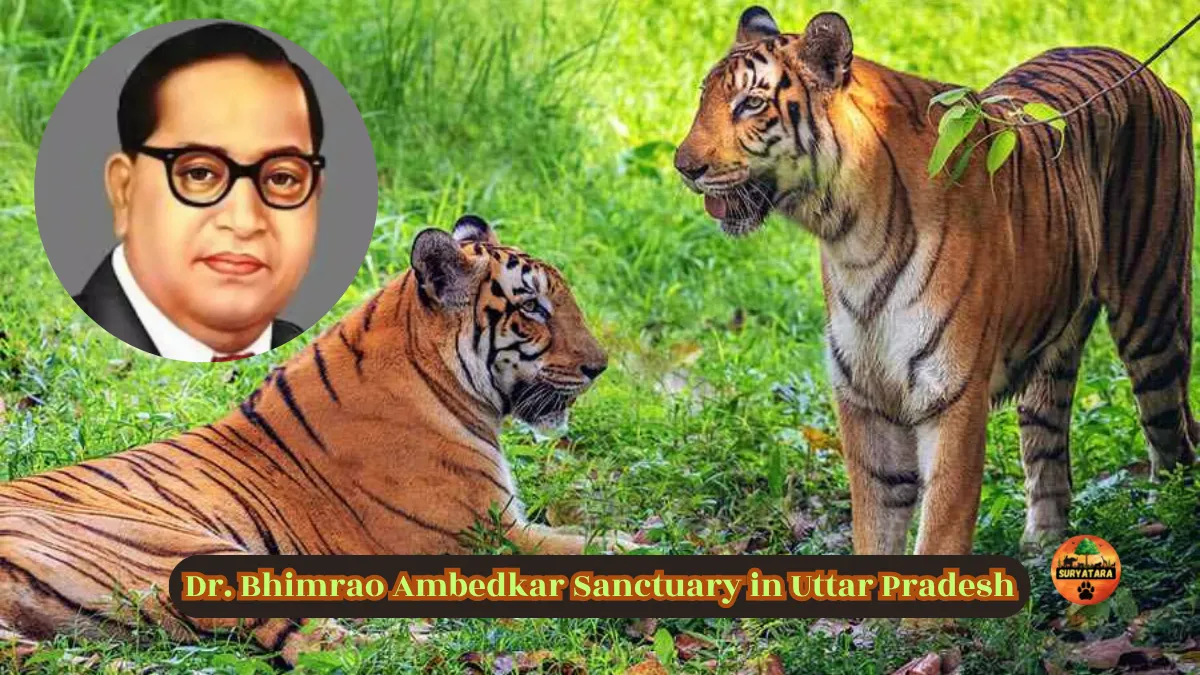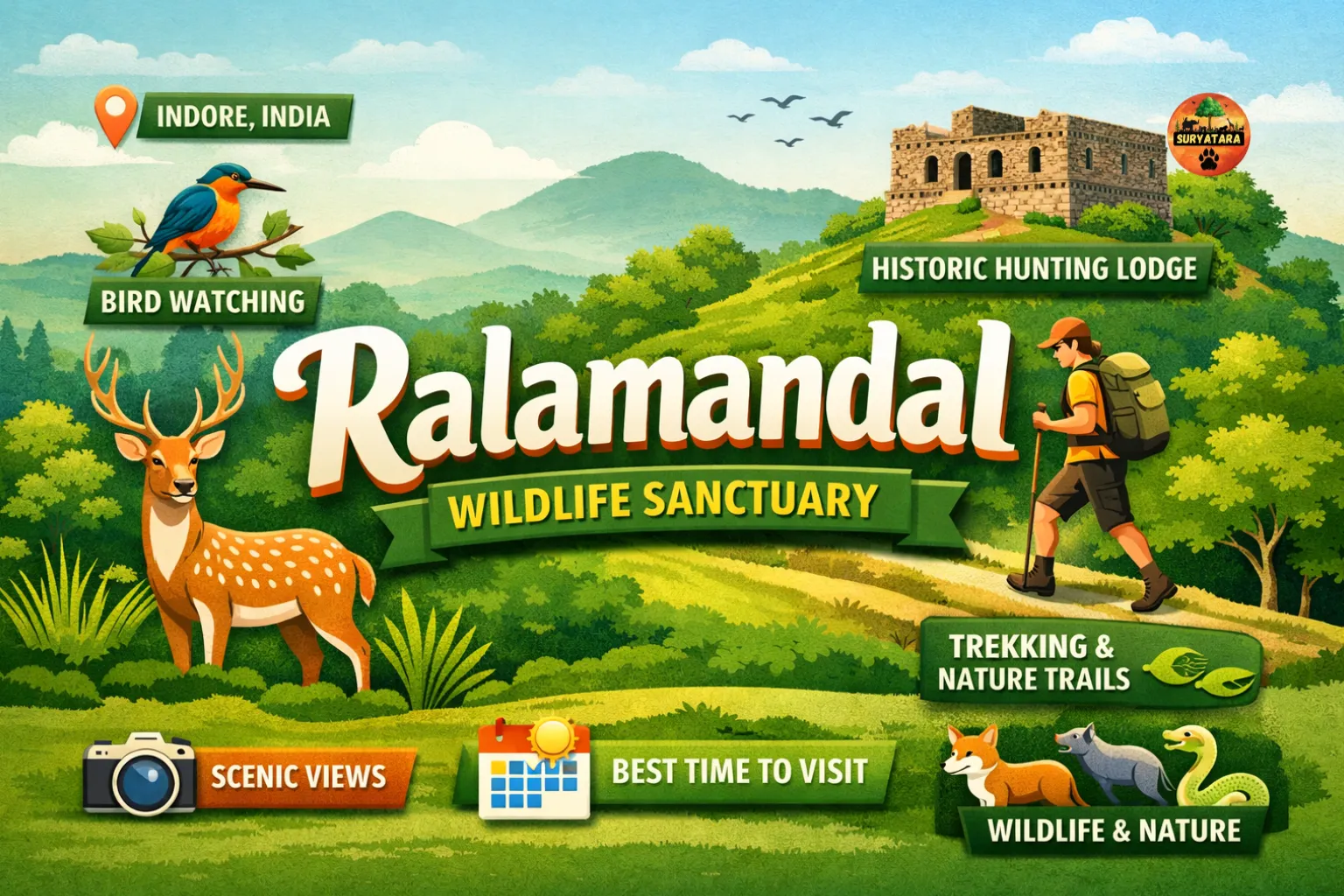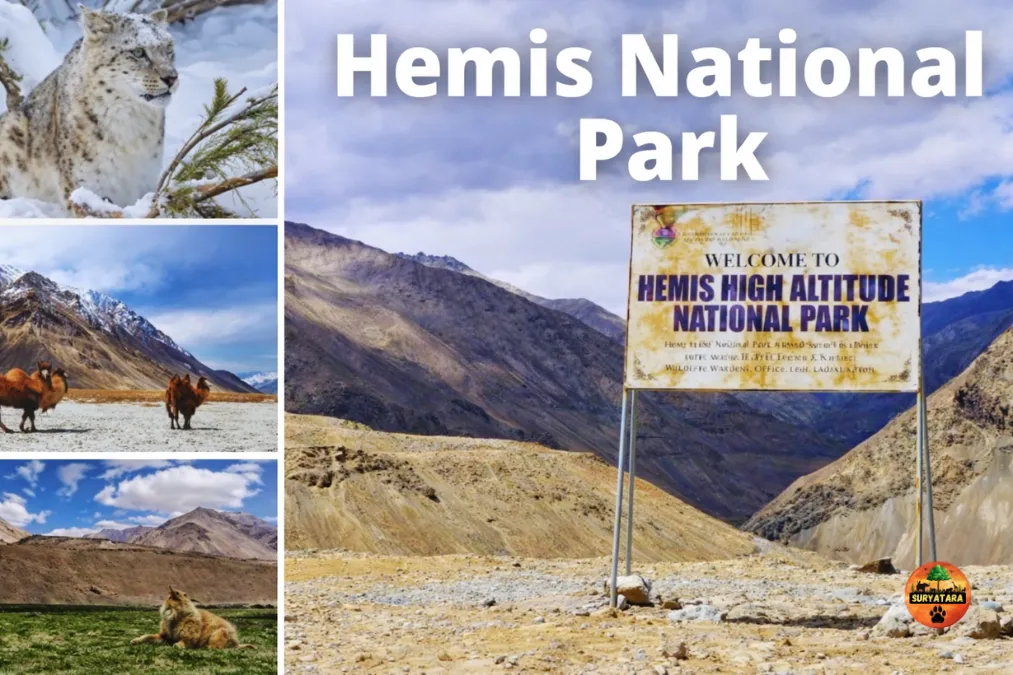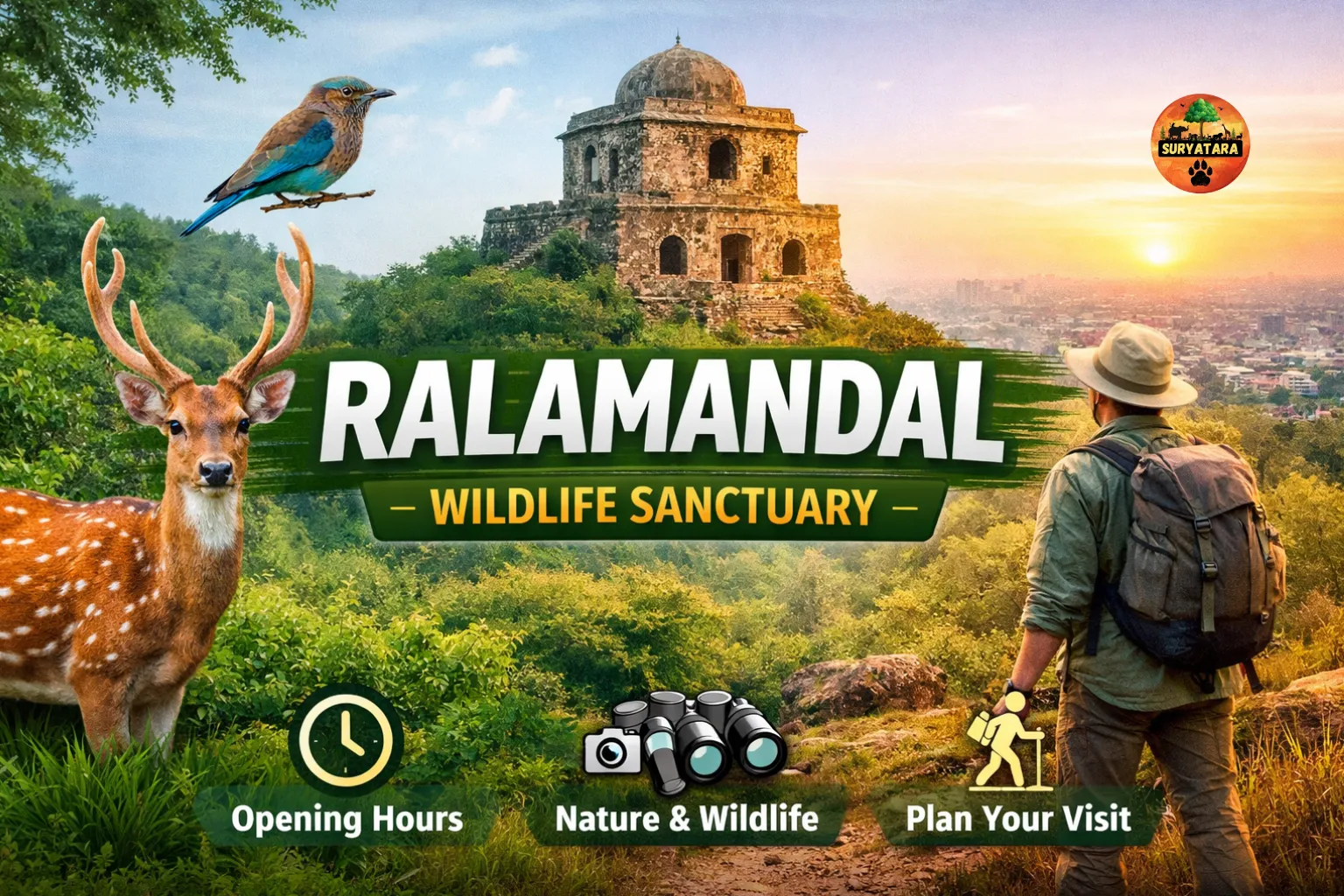Dr. Bhimrao Ambedkar Sanctuary is not just a protected area; it is a living tribute to the legacy of one of India’s greatest social reformers, Dr. B.R. Ambedkar. Nestled in the heart of Uttar Pradesh, this sanctuary is a haven for wildlife enthusiasts, history buffs, and nature lovers alike. Though less commercialized than some of India’s larger reserves, it offers a unique blend of ecological diversity and cultural significance that deserves far more attention.
An Overview of Dr. Bhimrao Ambedkar Sanctuary
Located near Budaun in Uttar Pradesh, Dr. Bhimrao Ambedkar Sanctuary was established with the dual purpose of preserving the region’s rich wildlife and honoring Dr. Ambedkar’s vision of equality, inclusivity, and environmental conservation. Spread across a modest area, the sanctuary may not boast large predators like tigers or lions, but its ecological importance lies in protecting smaller mammal species, numerous bird species, and rich wetland ecosystems.
The sanctuary provides a serene escape from the urban chaos, making it a perfect destination for bird watchers, students of biodiversity, and travelers seeking a peaceful retreat.
Key Details of Dr. Bhimrao Ambedkar Sanctuary
| Feature | Details |
|---|---|
| Location | Near Budaun, Uttar Pradesh, India |
| Established | Year 1996 |
| Area Covered | Approximately 1500 hectares |
| Main Attractions | Wetlands, birdwatching, small mammal species |
| Best Time to Visit | November to March |
| Closest City | Budaun (approx. 20 km away) |
| Accessibility | Well-connected by road from Bareilly and Lucknow |
| Entry Fees | Minimal (Nominal fee for maintenance purposes) |
Biodiversity at Dr. Bhimrao Ambedkar Sanctuary
One of the standout features of Dr. Bhimrao Ambedkar Sanctuary is its rich avian diversity. The wetlands within the sanctuary act as a seasonal home to a variety of migratory birds, including species like painted storks, spot-billed ducks, and black-necked storks. Local bird species such as kingfishers, egrets, and parakeets are also frequently spotted.
In addition to birds, the sanctuary supports a variety of small mammals including Indian hare, mongoose, porcupine, and even the elusive jungle cat. The dense patches of shrubs, grasslands, and water bodies create a balanced habitat that nurtures both flora and fauna.
The sanctuary plays a crucial ecological role by maintaining the wetland ecosystem, which helps in groundwater recharge and supports agriculture in nearby villages. It also serves as an outdoor classroom for environmental education and awareness programs.
Cultural and Educational Significance of Dr. Bhimrao Ambedkar Sanctuary
Dr. Bhimrao Ambedkar Sanctuary is more than a wildlife reserve; it stands as a symbol of Dr. Ambedkar’s vision for an inclusive society where nature and human beings coexist in harmony. Several educational initiatives, including guided nature walks, biodiversity camps, and lectures on Dr. Ambedkar’s environmental philosophy, are organized here, especially for students and young researchers.
Visitors often find the sanctuary to be a place of reflection, where the serene surroundings provide a backdrop to contemplate the progressive ideals of social justice and ecological preservation.
How to Reach Dr. Bhimrao Ambedkar Sanctuary
Reaching the sanctuary is relatively straightforward. The nearest major railway station is Budaun, from where local transport options like buses, taxis, and auto-rickshaws are available. For those coming from larger cities like Bareilly or Lucknow, a short road trip via well-maintained highways makes for an enjoyable journey.
Also read: Siju Bird Sanctuary Guide: Best Time, How to Reach, and Things to See
Why You Should Visit Dr. Bhimrao Ambedkar Sanctuary
If you are seeking an offbeat yet enriching travel experience, Dr. Bhimrao Ambedkar Sanctuary should definitely be on your list. It’s an ideal destination for:
- Birdwatching enthusiasts who wish to spot unique species in their natural habitat.
- Families and students looking for an educational day-trip.
- Nature photographers aiming to capture serene wetland landscapes.
- Travelers interested in exploring places linked to Dr. Ambedkar’s legacy beyond the conventional monuments.
Also read: Gaga Wildlife Sanctuary: A Hidden Gem of Gujarat’s Biodiversity
Conclusion
Dr. Bhimrao Ambedkar Sanctuary may not have the glamour of India’s more famous wildlife parks, but it offers something far deeper—an experience where nature’s quiet beauty meets the enduring ideals of social justice and environmental responsibility. It stands as a testament to how conservation and heritage can go hand in hand, providing both ecological benefits and a source of inspiration for generations to come.











